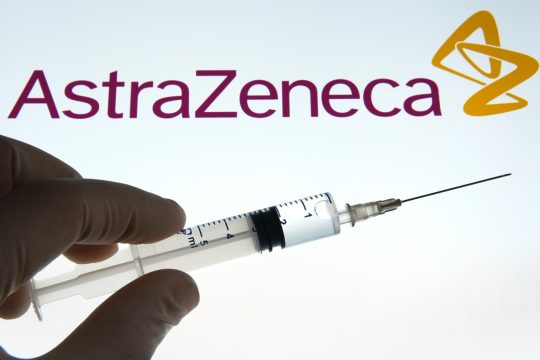Advertisment
PRT versus IMRT toxicity in prostate cancer
There is no difference between proton radiotherapy (PRT) and intensity-modulated radiotherapy (IMRT) when comparing the toxicity among patients with prostate cancer at 12 months post-treatment according to a study published in the Journal of the National Cancer Institute.
IMRT is the standard form of radiotherapy for the treatment of prostate cancer, accounting for more than 80% of all treatments. Alternative treatments for radiotherapy have emerged, with the most notable being PRT. PRT treatment has surfaced partly due Medicare reimbursement, which reimburses PRT at a rate of 1.4-2.5 times that of IMRT. Despite its widespread use, the benefits and harms of PRT compared with other types of radiotherapy remain unknown.
To determine the long-term effects of PRT treatment compared with IMRT treatment, James B. Yu, M.D., Yale University School of Medicine, Department of Therapeutic Radiology, and colleagues performed a retrospective study of all Medicare beneficiaries aged 66 years or older who had received PRT or IMRT for prostate cancer during 2008 and/or 2009. Each PRT patient was then matched with two IMRT patients with both similar clinical and sociodemographic characteristics to assess the toxicity of each treatment, while the cost of IMRT or PRT treatment was calculated for each patient using the sum of Medicare reimbursements for outpatient and physician claims.
The researchers found that patients who received PRT were younger, healthier and from more thriving areas than those who received IMRT. While PRT was linked to a statistically significant reduction in genitourinary toxicity at 6 months compared with IMRT, there was no statistically significant difference in gastrointestinal or other toxicities at 6 or 12 months post-treatment. “The relative reimbursement of new medical technologies needs to be considered carefully so that physicians and hospitals do not have a financial incentive to adopt a technology before supporting evidence is available,” the researchers write. “Continued longitudinal study of the comparative effectiveness of PRT compared with IMRT is needed before widespread application of PRT for prostate cancer can be justified.”
In an accompanying editorial, Justin E. Bekelman, M.D., Abramson Cancer Center, Perelman Center for Advanced Medicine and Stephen M. Hahn, M.D., Chair and Henry K. Pancoast Professor of Radiation Oncology at the University of Pennsylvania School of Medicine, write that the study has limitations and could lead to misclassifications of the results. “Without studies to validate the surrogacy of claims-based endpoints, outcome misclassification could lead to false-negative or false-positive results,” they write.
In another accompanying editorial, Theodore S. Lawrence, M.D., Ph.D., Chair, Radiation Oncology, University of Michigan, and Mary Feng, M.D., Department of Radiation Oncology, University of Michigan, write that, “It is assumed that one can assess toxicity by evaluating billing codes, but toxicities are not well graded, and many could be missed,” arguing that a thorough comparison of the two treatments cannot yet be made. “Although it seems unlikely that proton therapy will be superior to IMRT photons for prostate cancer, protons may be superior for tumors in which the elimination of the low-dose regions might decrease normal tissue injury (eg, lung cancers, when combined with chemotherapy).”
Contact: Zachary Rathner
Zachary.Rathner@oup.com
301-841-1286
Journal of the National Cancer Institute





